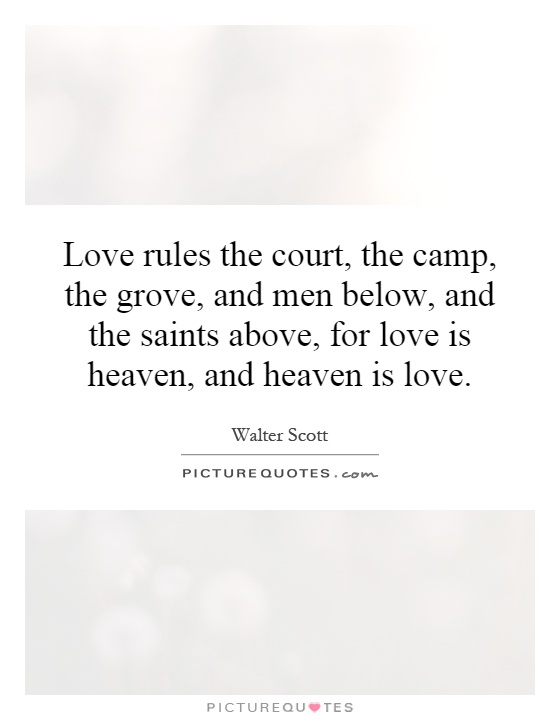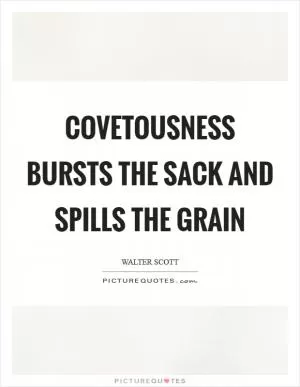Love rules the court, the camp, the grove, and men below, and the saints above, for love is heaven, and heaven is love

Love rules the court, the camp, the grove, and men below, and the saints above, for love is heaven, and heaven is love
Sir Walter Scott, the renowned Scottish novelist and poet, was a master at capturing the essence of love in his works. His words often reflected the power and influence of love in various aspects of life, from the court to the camp, the grove, and even in the heavens above.In Scott's writings, love was portrayed as a force that ruled over all, transcending boundaries and uniting people in ways that were both profound and transformative. Love was not just a fleeting emotion, but a guiding principle that shaped the actions and decisions of individuals, both in their personal relationships and in their interactions with the world around them.
In the court, love was often depicted as a driving force behind the actions of kings and queens, princes and princesses. It was the motivation behind alliances and betrayals, wars and peace treaties. Love could bring about great joy and happiness, but it could also lead to heartbreak and tragedy. Scott's novels, such as "Ivanhoe" and "The Bride of Lammermoor," explored the complexities of love in the courtly setting, showing how it could both elevate and destroy those who were caught in its grip.
In the camp, love was often portrayed as a source of strength and inspiration for soldiers and warriors. It was the bond that united comrades in arms, giving them the courage to face danger and adversity together. Love for country and for fellow soldiers could drive men to acts of great heroism and sacrifice, as seen in Scott's epic poem "The Lay of the Last Minstrel" and his novel "Waverley."












 Friendship Quotes
Friendship Quotes Love Quotes
Love Quotes Life Quotes
Life Quotes Funny Quotes
Funny Quotes Motivational Quotes
Motivational Quotes Inspirational Quotes
Inspirational Quotes